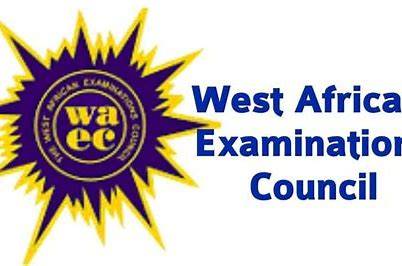Delayed release of WASSCE results is symptomatic of a deep crisis in the educational sector – Abosti
UPSA Law Dean Warns of Deep Crisis in Ghana’s Educational Sector
Professor Ernest Kofi Abotsi, Dean of the Law School at the University of Professional Studies, Accra (UPSA), has raised serious concerns about what he describes as a deepening crisis in Ghana's educational sector. He argues that the delay in releasing the West African Secondary School Certificate Examination (WASSCE) results is just one symptom of a broader and more troubling set of challenges.
Taking to his X page, Prof. Abotsi highlighted several structural and systemic issues that he believes are undermining the quality and functionality of education in Ghana. The delayed release of WASSCE results is symptomatic of deeper crises in the educational sector, he wrote.
He pointed to factors such as low morale among teachers, the politicization of education policies, chronic underinvestment, and a significant deficit in educational infrastructure. According to him, these issues reflect a system that has been neglected and mismanaged over the years, creating vulnerabilities that threaten the sector's stability and the country's future development.
Low morale of teachers, politicization, underinvestment, and deficit in facilities, etc., reflect a system that has been toyed with, and we may be on a dangerous precipice, he emphasized.
Systemic Challenges in the Sector
Prof. Abotsi’s comments resonate with the frustrations of many stakeholders in Ghana’s education sector. Teachers and students alike have often cited inadequate resources, poorly maintained facilities, and inconsistent policy implementation as key barriers to delivering quality education. Additionally, the politicization of education—where successive governments introduce new policies or abandon existing ones for political expediency—has further destabilized the system.
The delayed release of WASSCE results, a critical milestone for secondary school graduates seeking to transition to tertiary institutions, has compounded these issues. The uncertainty caused by such delays creates anxiety for students and parents while disrupting academic planning at the national level.
A Call for Urgent Reforms
Prof. Abotsi’s remarks serve as a call to action for policymakers to address the structural weaknesses in Ghana’s education system. He stressed the need for significant investment in teacher welfare, infrastructure development, and depoliticized policy-making to restore confidence and efficiency in the sector.
Educational experts and civil society organizations have echoed similar sentiments, urging the government to prioritize education as a key pillar of national development. Without urgent reforms, they warn, Ghana risks losing its competitive edge in an increasingly knowledge-driven global economy.
As the country grapples with these challenges, Prof. Abotsi’s critique highlights the urgency of addressing not only the symptoms, like delayed WASSCE results but also the root causes of the educational crisis to safeguard the future of Ghana’s youth and the nation as a whole.


